There’s been heated disagreement over the past week about what’s right and wrong. Is the rocket-propelled ex-Bolshoi enfant terrible Ivan Vasiliev ‘right’ for Swan Lake? Is English National Ballet right to accept such huge thighs in this of all classics, when the sizeist cohorts of the Russian establishment always said nyet to the sturdy, forceful Belarussian? That peculiar balletic categorisation ‘emploi’ has been invoked even by British critics. Emploi means ‘rightness’ as a ‘type’ for a role. Emploi was what drove Mikhail Baryshnikov, another short man condemned at home by his build to demi-caractère parts, to quit Russia and its narrowmindedness and redefine himself as danseur noble in the West.
So when does concern for rectitude become narrowmindedness? The Vasiliev debate has echoes of comments 25 years ago when another Bolshoi superman with tremendous thighs, Irek Mukhamedov, joined the Royal Ballet pleading to explore the lyrical classics that he had been typecast away from. Mukhamedov became, in the long perspective of the FT’s critic Clement Crisp, the finest leading man in Giselle he had seen.
So why not cut Vasiliev some slack in his first-ever attempt at Prince Siegfried with ENB? Personally, I like some angst in a Siegfried now and again, so I took to his urgent performance, because he so evidently longed to become some other kind of dancer: in a reflection of the folktale itself, this muscleman wanted to fly, to become a swan, in a way.
The wren-sized Alina Cojocaru, as Odette-Odile, fluttering exquisitely amid ENB’s softly drilled swangirls on Peter Farmer’s picturesquely forbidding lakeside, brought out an urgent protectiveness in him. Even if he came on a bit strong, the ballet’s theme of this man betraying himself — fatally to his victim but also to himself — rang out. I hate to be left unmoved in Swan Lake, even by more aesthetically correct performances.
Which was the case the following evening, when the more refined Danish-trained Alban Lendorf stepped up to squire Tamara Rojo in the same ballet.
Rojo was magnetic, all her dramatic skill harnessed to that electrifyingly expressive technique, and dancing in a glow of enjoyment that was a treat to see (her duties as artistic director seem to have cramped her spontaneity in some recent shows). Her Odette was a dark-hued, movingly grave Swan Queen pleading for her trapped girls. As for her Odile, well, much of the world knows that Rojo glitters like pretty much no other ballerina in the deployment of female naughtiness to capture fresh male meat. Her fouettés stabbed the eyes, her smile was triumphant. Swan Queen turned Cobra Queen — it was one of Rojo’s greatest performances.
But alas, she had always to lead Lendorf’s Siegfried beyond his natural correctness. He, too, is stacked thickly in the quadriceps area, and has also to devise a way to extend a short body through the slowly unfolding adagio solo with which the prince initially shows us his loneliness and sense of dislocation. Lendorf, trained to hit precise upright and horizontal lines, opened into arabesque to prescribed angles and distances. No stretch, no drama. Whereas Vasiliev, a far less precisely refined performer, reached out incorrectly into unfamiliar territory, eyes burning.
So which is ‘righter’? Critics are polarised on the Vasiliev question. He is an astronaut in ballet outer space, voyaging around the planet at the moment without mission control. I hope so much that Vasiliev will not be lost in space — he’s a compelling performer, so rough and brazen one moment, so heartbreakingly hopeful the next. But he needs refining like hell.
Lendorf’s Swan Lake exertions took him out of the roster for the brief, long-overdue visit by his Royal Danish Ballet colleagues to the Peacock Theatre bearing fleet-footed chunks by their defining choreographer August Bournonville (1805–79), who holds his reputation in our more athletic, emotionally explicit era rather as Rossini endures next to Rachmaninov.
The communal cheerfulness of the boy-girl skips and reeling in Napoli came like cream tea after the wine of Swan Lake. The spring-heeled men had the better of it, full of zip and character — steps for women have a demureness that, allied with the lamentably tinkly music, brought out the simpering in most, apart from gracious Gudrun Bojesen.
The one theatrical ‘right’ is that dancing should feel alive. Poor Sylphide, the searing climax of Bournonville’s narrative masterpiece butchered into a chunk, no scenery, no orchestra, unrescuable even by Bojesen’s class and Sorella Englund’s snarling Madge. Wronged.
Got something to add? Join the discussion and comment below.
Get 10 issues for just $10
Subscribe to The Spectator Australia today for the next 10 magazine issues, plus full online access, for just $10.

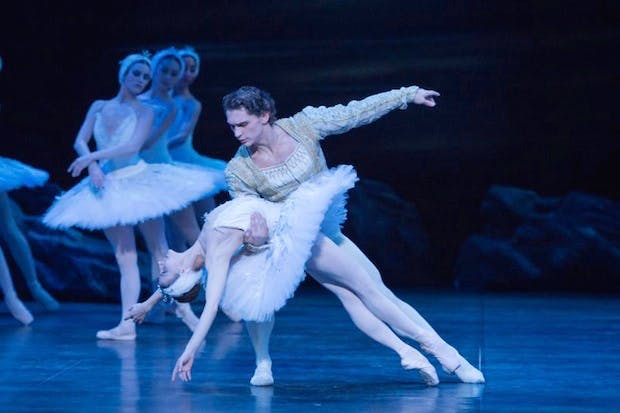
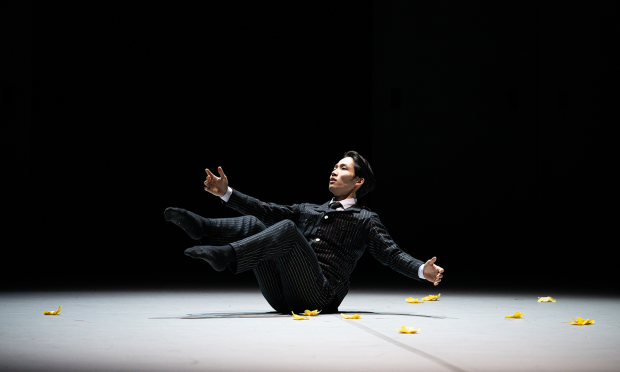
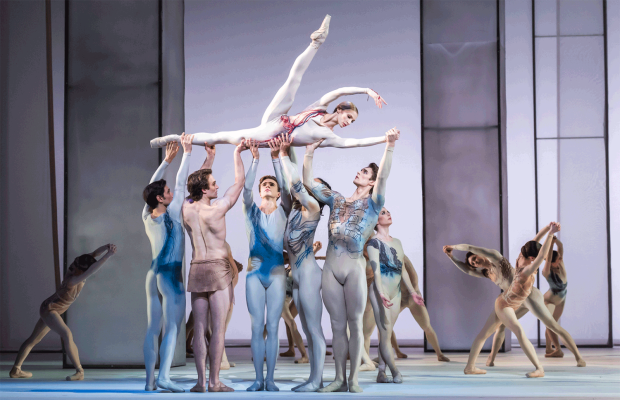

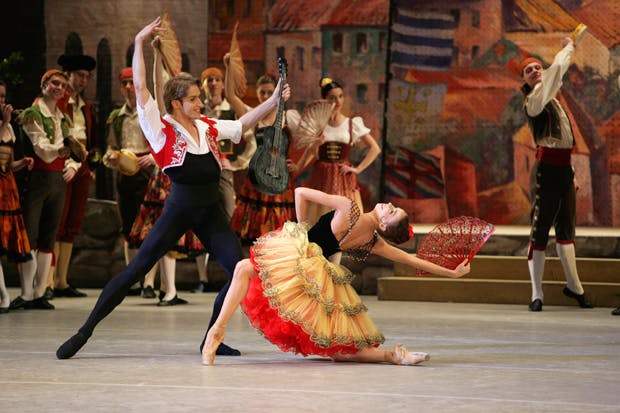
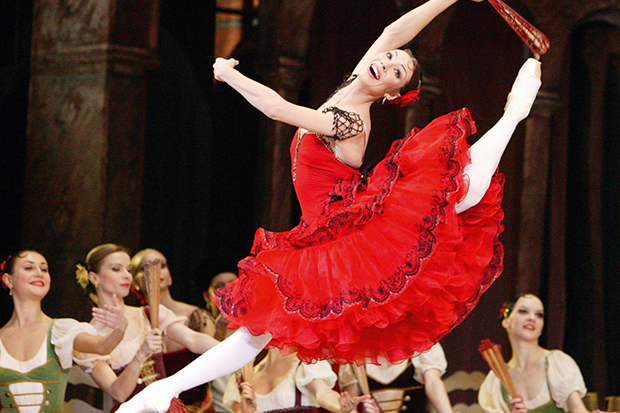
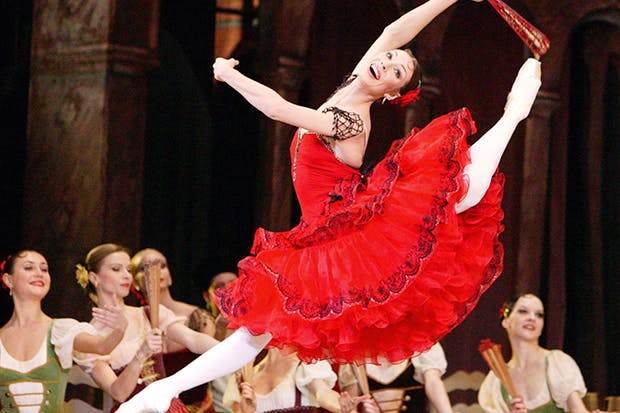






Comments
Don't miss out
Join the conversation with other Spectator Australia readers. Subscribe to leave a comment.
SUBSCRIBEAlready a subscriber? Log in